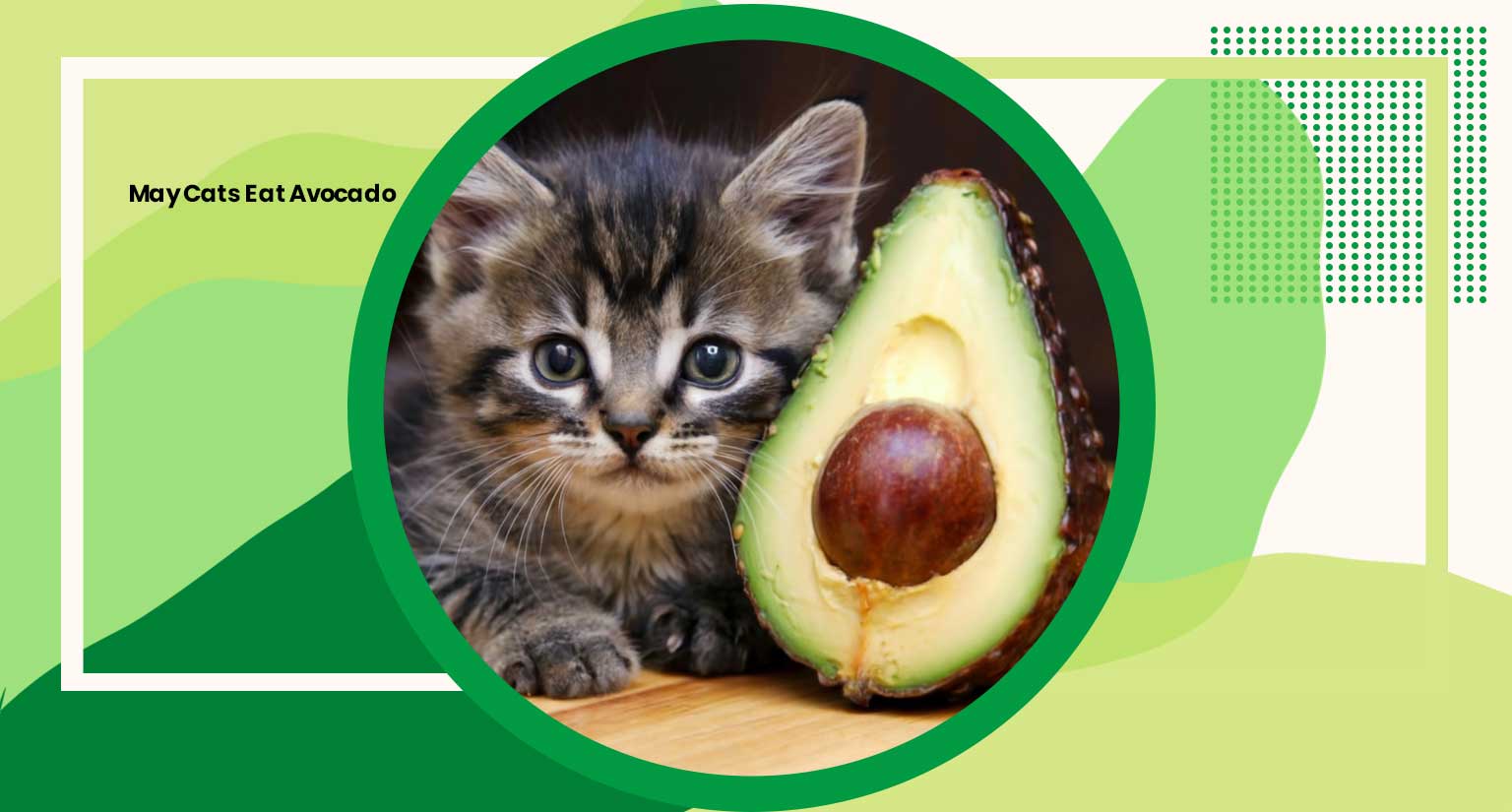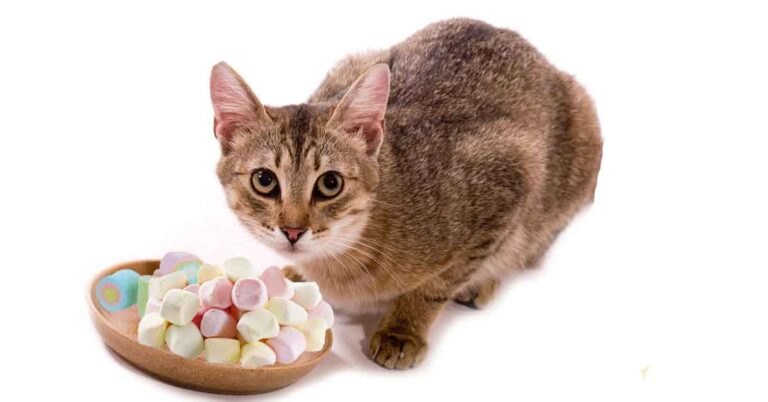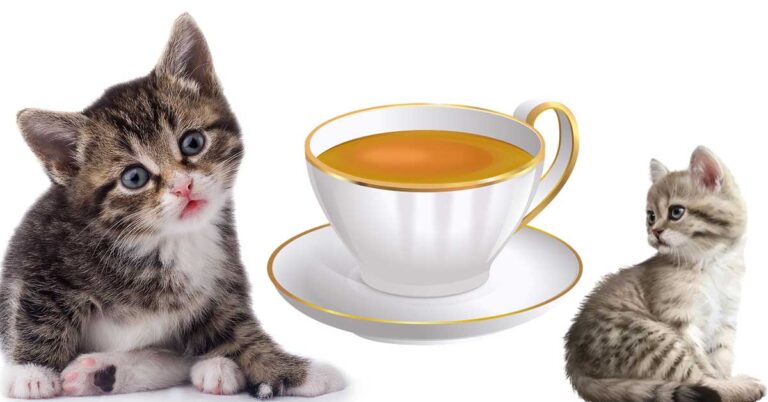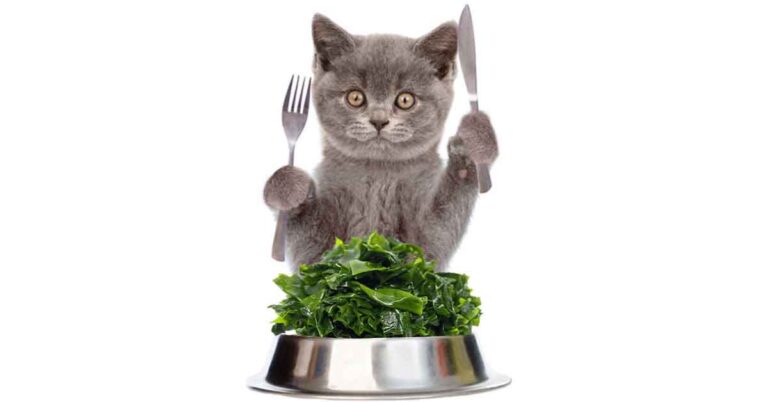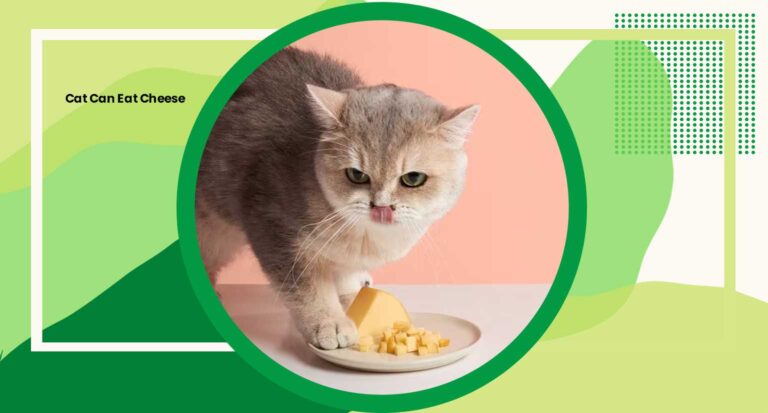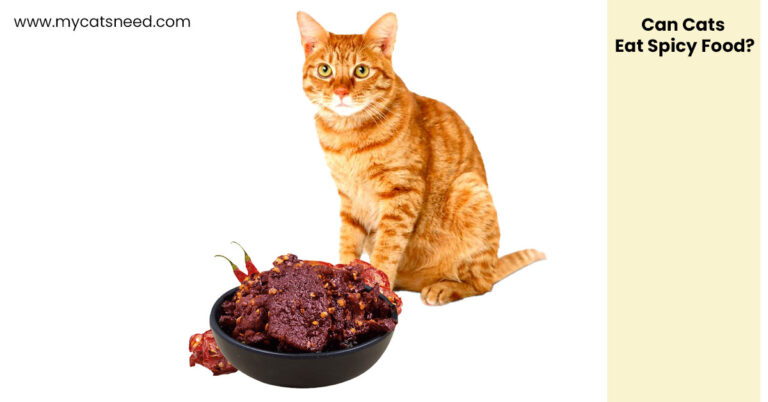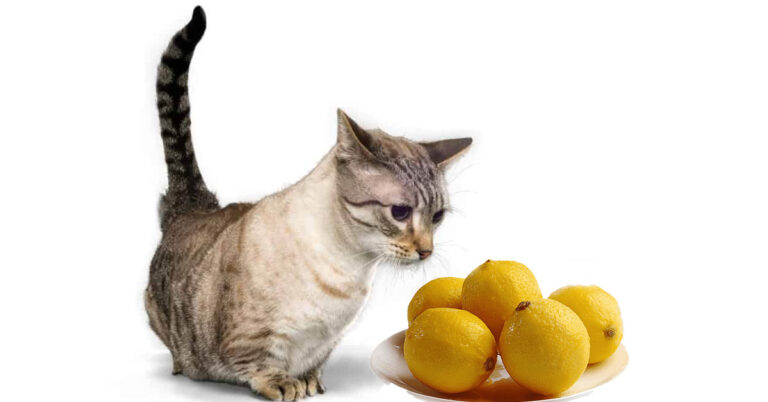May Cats Eat Avocado: 5 Crucial Facts About Feline Diets and Avocado Safety
In the realm of pet care, questions about dietary restrictions often arise, and one common inquiry revolves around avocados and their suitability for feline consumption. Understanding whether cats can safely indulge in avocados is crucial for responsible pet ownership.
May Cats Eat Avocado? The intricacies of feline nutrition, addressing concerns and shedding light on whether avocados pose a threat or can be a part of a cat’s diet. This aims to provide clarity on the matter, empowering cat owners to make informed decisions regarding their pets’ nutrition and health.
Is Avocado Bad For Cats?
The question of whether avocado is harmful to cats often sparks concern among pet owners seeking to provide the best care for their feline companions. Avocado, a beloved fruit among humans for its creamy texture and nutritional benefits, contains a compound called persin, which is toxic to certain animals.
However, the risk posed by avocado consumption for cats is not as straightforward as it may seem. While persin can be toxic to birds and some mammals, including dogs, its effects on cats are not fully understood.
Some experts suggest that the levels of persin found in avocado are unlikely to cause significant harm to cats unless ingested in large quantities. Nevertheless, caution is advised, as individual cats may react differently to avocado consumption.
While avocados may not pose an immediate threat to cats in small amounts, it is advisable for pet owners to err on the side of caution and refrain from intentionally feeding avocados to their feline friends. Monitoring for any signs of gastrointestinal distress or adverse reactions is recommended if a cat happens to ingest avocado accidentally.
Navigating the realm of feline nutrition requires vigilance and awareness and understanding the potential risks associated with certain foods like avocado is essential for promoting the health and well being of our beloved feline companions.
What To Do If Your Cat Ate Avocado?
Your cat has ingested avocados can be concerning, but it’s important to remain calm and take appropriate action to ensure your pet’s well being. Here are steps to follow if your cat has consumed avocado.
Assess the Situation
Determine the quantity of avocado ingested and whether any other parts of the avocado, such as the skin or pit, were consumed. This information will be helpful when consulting with a veterinarian.
Monitor for Symptoms
Keep a close eye on your cat for any signs of adverse reactions, such as vomiting, diarrhea, abdominal discomfort, lethargy or difficulty breathing. Immediate veterinary attention may be necessary if your cat exhibits severe symptoms or distress.
Contact Your Veterinarian
If you suspect that your cat has ingested avocado or is experiencing any concerning symptoms, contact your veterinarian promptly. Provide details about the avocado consumption and your cat’s current condition to assist the veterinarian in assessing the situation.
Follow Veterinary Advice
Based on the severity of your cat’s symptoms and the amount of avocado ingested, your veterinarian will provide guidance on the appropriate course of action. This may involve monitoring your cat at home, administering supportive care or seeking emergency treatment if necessary.
Prevent Future Incidents
Take measures to prevent your cat from accessing avocados or other potentially harmful foods in the future. Store avocados securely and keep them out of reach of your cat to minimize the risk of accidental ingestion.
By responding promptly and seeking veterinary guidance, you can help ensure the best possible outcome for your cat if they have ingested avocado. Prioritizing your pet’s health and safety is essential in handling such situations effectively.
Is Persin Toxic To Cats?
Persin, a natural fungicidal toxin found in varying concentrations within different parts of the avocado fruit, has garnered attention for its potential toxicity to animals. While persin is known to be toxic to certain species, such as birds and some mammals like dogs and horses, its effects on cats remain less clear.
Research on the impact of persin specifically on cats is limited and there is no definitive evidence suggesting that persin is highly toxic to felines in the amounts typically found in avocados. However, caution is warranted, as individual cats may react differently to persin ingestion.
In most cases, the levels of persin found in the flesh of ripe avocados are considered unlikely to cause significant harm to cats when consumed in small quantities.
Nevertheless, it’s essential for pet owners to monitor their cats for any signs of adverse reactions or sensitivity after avocado consumption.
While persin toxicity in cats is not well documented, it’s advisable for cat owners to exercise prudence and refrain from intentionally feeding avocados to their feline companions. Opting for safer and more suitable treats and dietary options ensures the health and well being of your beloved pet.
Consulting with a veterinarian regarding any concerns about persin or other potential hazards in your cat’s diet can provide valuable insights and guidance tailored to your pet’s individual needs and health considerations. Prioritizing your cat’s safety and nutritional requirements is paramount for promoting a healthy and happy life.
Can May Cats Eat Avocado As A Snack?
While avocado may be a tempting snack for humans due to its creamy texture and nutritional benefits, it is not recommended as a snack for cats. While some cats may tolerate small amounts of avocado without experiencing adverse effects, there are several reasons why it’s best to avoid offering avocado as a snack to your feline friend.
Potential Toxicity
Avocado contains a compound called persin, which is known to be toxic to certain animals, including birds and some mammals. While the levels of persin found in ripe avocado flesh are generally considered low and may not pose an immediate threat to cats in small quantities, the potential risks and individual sensitivities cannot be ignored.
Digestive Upset
Avocado is high in fat, which can be difficult for cats to digest, potentially leading to gastrointestinal issues such as vomiting or diarrhea. Additionally, the rough texture of avocado skin and the presence of a large seed pose choking hazards and may cause digestive blockages if ingested by cats.
Nutritional Needs
Cats have specific dietary requirements that differ from those of humans. While avocados contain certain nutrients beneficial to humans, they do not provide essential nutrients that cats need for optimal health. Offering a balanced and species appropriate diet tailored to your cat’s nutritional needs is essential for promoting their well being.
While occasional and accidental ingestion of small amounts of avocado may not always result in harm to cats, it’s best to err on the side of caution and refrain from intentionally feeding avocados to your feline companion. Opting for safe and suitable snacks specifically formulated for cats ensures that their nutritional needs are met without risking potential health complications.
As always, consulting with your veterinarian regarding your cat’s diet and dietary concerns is advisable for personalized guidance and recommendations.
Conclusion
In the debate surrounding avocado consumption for cats, caution and prudence prevail. While small amounts of avocado may not necessarily harm all cats, the potential risks and lack of nutritional benefits make it advisable to avoid offering avocado to feline companions.
Prioritizing a balanced and species appropriate diet tailored to cats’ specific nutritional needs ensures their health and well being in the long run. The importance of informed decision making and mindful choices when it comes to feline nutrition and dietary habits.

